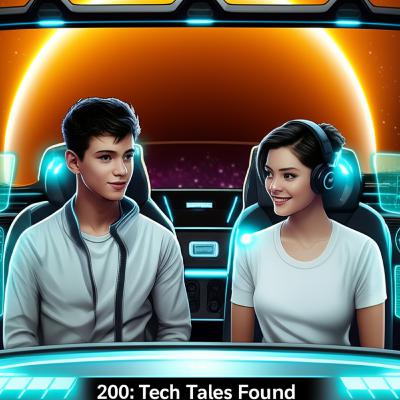OTRS and Znuny: When a Company Abandoned Its Users, the Open-Source Community Fought Back
Description
The story of OTRS and Znuny illustrates a pivotal moment in open-source software history, where corporate decisions threatened a widely used customer service tool, prompting a powerful community-led response. Originally launched in 2001 by Martin Edenhofer as the Open-Source Ticket Request System, OTRS became a global standard for help desk management, adopted by organizations like Wikipedia for its transparency, flexibility, and collaborative development model. As OTRS AG, the company behind it, grew and went public in 2009, it began shifting focus toward proprietary offerings, culminating in a 2015 strategy that prioritized new features for its paid ’Business Solution’ while delaying or limiting updates to the free Community Edition. This shift alienated the developer and user community that had contributed to the project’s success. The breaking point came in December 2020, when OTRS AG announced the abrupt discontinuation of support for the Community Edition—effective January 1, 2021, during the holiday season—leaving thousands of organizations, including nonprofits and public institutions, without security updates or technical support. In response, the open-source principle of forking enabled a rescue. Edenhofer, the original creator, launched Znuny through his new company, Znuny GmbH, to continue and improve upon the last stable version of the Community Edition. Znuny not only provided immediate long-term support (LTS) but also reestablished community trust by committing to open collaboration, regular security patches, and ongoing innovation. Major users like the Wikimedia Foundation successfully migrated to Znuny, rebranding their system as Wikimedia VRT, affirming the fork’s legitimacy and reliability. Znuny has since introduced new features such as advanced automation, customizable ticket forms, dynamic fields, and improved integration capabilities, demonstrating that open-source projects can evolve and thrive independently of their original corporate stewards. This case highlights the ethical and practical tensions between commercial interests and open-source values: while companies need sustainable revenue models, undermining community trust can lead to fragmentation and loss of goodwill. The rise of Znuny underscores the resilience of open-source ecosystems, where transparency and collective ownership allow critical software to survive and adapt. Looking ahead, open-source help desk systems like Znuny are poised to integrate artificial intelligence for smarter ticket routing, predictive support, and automated resolution, enhancing efficiency for both service providers and end-users. The broader implication is that open-source software is not just a technical alternative but a safeguard against vendor lock-in and discontinuation risks. It empowers organizations—especially small businesses and public services—to maintain control over their tools. The OTRS-Znuny transition serves as a cautionary tale for companies managing open-source projects and an inspiring example of how communities can preserve and advance technology for the common good. Ultimately, this saga reaffirms that the strength of open-source lies not just in code, but in the people who sustain it.





